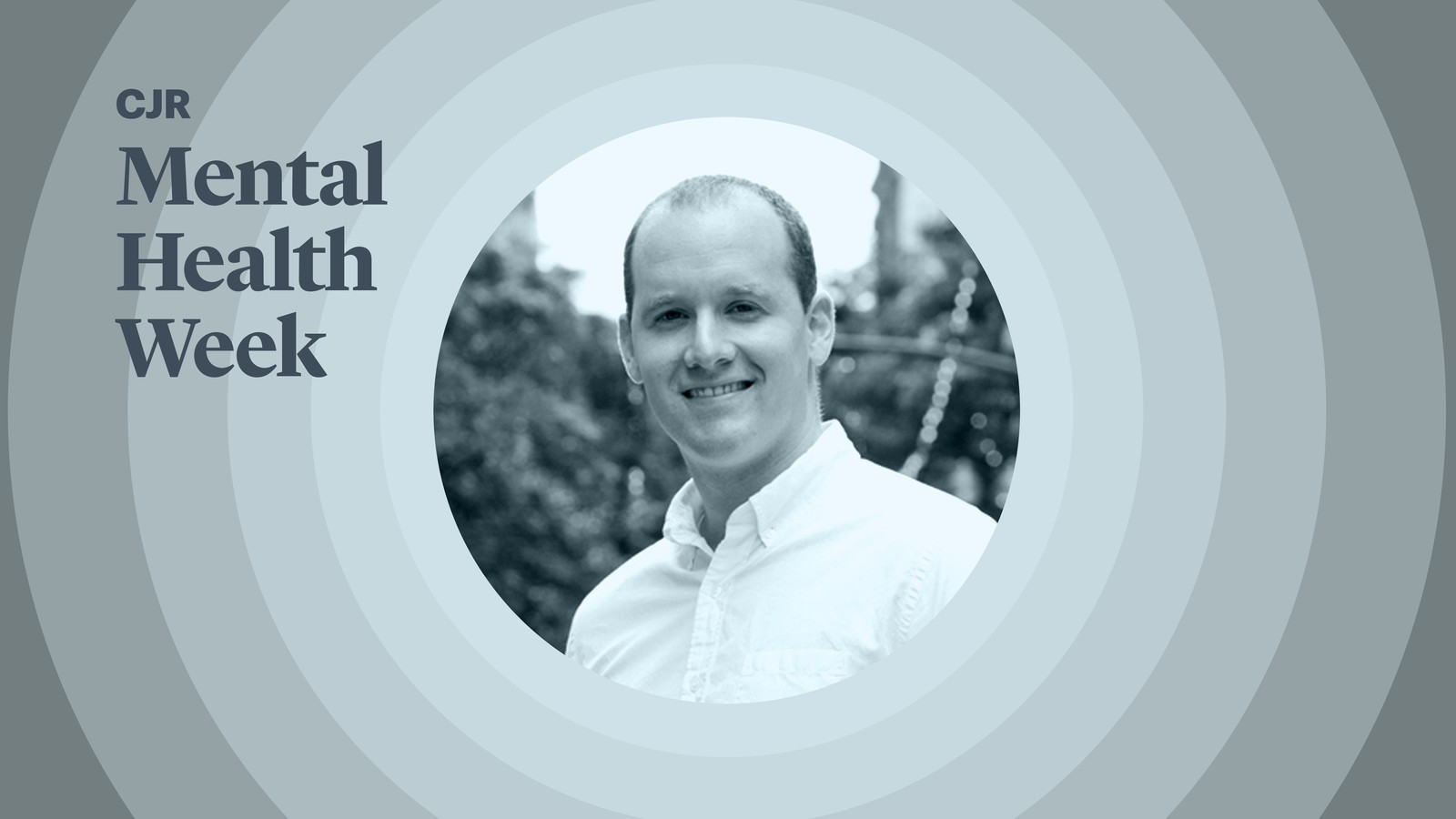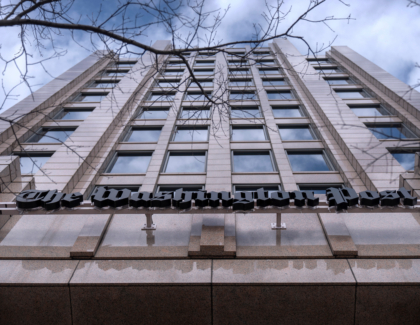Sign up for the daily CJR newsletter.
Journalism is years behind other professions in how it deals with trauma. So this week, coinciding with Mental Illness Awareness Week, CJR is publishing a series of stories from members of the journalism community who’ve dealt with mental health, illness, or treatment. We asked each journalist the same two questions: 1) What has been the toll of the profession on your mental health, and how do you manage it? and 2) How can the industry work to better address the stigma still surrounding mental illness within the journalism community?
The second dispatch, from freelance journalist Philip Eil, is below. It’s been edited for length and clarity. Eil has contributed to the Providence Phoenix, the Atlantic, Salon, Vice, and CJR, among other outlets. This August, Eil wrote about how being a journalist is terrible for your mental health. We’ll be publishing more firsthand accounts throughout the week. Special thanks to our friends at BuzzFeed who inspired this series.
On his personal experiences:
The effect this work (journalism) has had on my mental health has been significant. There are so many different things I’ve dealt with which in hindsight I now see as significant mental health moments, from working for 18 months non-stop at an alt-weekly (the Providence Phoenix) as an editor and staff writer and then watching the paper close, to as a freelancer having two prolonged battles with clients who didn’t pay me promptly, which was enormously distressing and upsetting, to a years-long FOIA stonewalling situation that turned into ongoing litigation which involved suing the federal government, to simply being on Twitter every day absorbing what can feel like an endless flow of bad news and upsetting and depressing information.
RELATED: Mac McClelland on the stigma surrounding mental health
It isn’t just a one-way street: Journalism has been one of the greatest gifts for my mental health I could ever imagine. It is the ultimate privilege and joy and thrill to be able to practice this profession, which is intellectually stimulating and exciting and emotionally gratifying and feels like the thing I was put on the planet to do.
Some of the experts I’ve talked to who studied PTSD, and I’m paraphrasing, basically said a key factor for resilience when it comes to PTSD, and perhaps other mental health stressors, is sense of purpose in what you’re doing. I have an enormous sense of purpose in what I’m doing, and I think journalists in general do. The experts I interviewed for my mental health piece basically said that as a group, journalists are actually a resilient bunch, but they are up against difficult circumstances a lot of the time, and that can outweigh that resilience.
On fighting the stigma in journalism:
One is simply talking about it, and I can’t really stress that enough. When I wrote my piece, I was totally overwhelmed and delighted by the response it got. I’m certainly not the only journalist who has wrestled with mental health problems. I didn’t feel like there were many people talking about it. The other thing I would say is we are not machines. We journalists, editors, photographers, videographers, whoever we are, we deal with intense, disturbing material, depending on [our] beat, on a regular basis. It is only natural that these things would have an effect on us, and it’s important between journalists and with ourselves to be truthful about that, and to think about what that means, and how we continue to do this work that so many of us love but in a way that remains healthy, or at least sustainable. That means having a conversation with yourself, but also if you’re an editor and manager, being aware that the people you are working with are not machines. They’re human beings, and they may be affected by what they’re covering. So checking in with them, being sympathetic to issues when they arise, making it seem like this is not a taboo.
I think everyone has a responsibility to do their own part to make this not stigmatized. We as journalists can be that colleague who asks a friend, when they know they’re working on a difficult story or having a difficult time generally, “How’s it going? Is there anything I can do to help?” Every journalist is strapped for time, and organizations are strapped for money. It’s incredibly quick and costs nothing to simply ask someone how they’re holding up. The value it could have for the recipient of that question is immeasurable.
CJR’s health care reporting is sponsored in part by a grant from the Commonwealth Fund.
TRENDING: The secret cost of pivoting to video
Has America ever needed a media defender more than now? Help us by joining CJR today.







